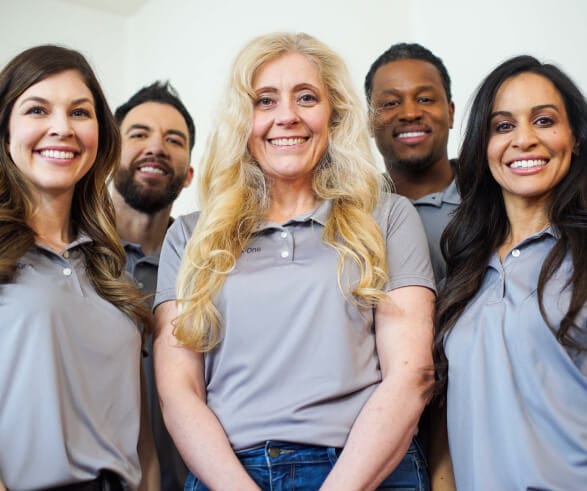
Bio-One Of Chula Vista services all types of trauma, distressed property, and biohazard scenes in communities throughout San Diego County Area. We partner with local authorities, communities, emergency services personnel, victim services groups, hoarding task forces, apartment complexes, insurance companies and others to provide the most efficient and superior service possible.
We are your San Diego County crime scene cleaners dedicated to assisting law enforcement, public service agencies and property owners/managers in restoring property that has been contaminated as a result of crime, disaster or misuse.

San Diego County, officially the County of San Diego, is a county in the southwestern corner of the state of California, in the United States. As of the 2010 census, the population was 3,095,313, making it California's second-most populous county and the fifth-most populous in the United States. Its county seat is San Diego, the eighth-most populous city in the United States. It is the southwesternmost county in the 48 contiguous United States, and is a border county.
Geography
According to the U.S. Census Bureau, the county has an area of 4,526 square miles (11,720 km²), of which 4,207 square miles (10,900 km²) is land and 319 square miles (830 km²) (7.0%) is water.
Demographics
Since at least 2014, San Diego County is the fifth most populous county in the United States. In 2000, only about 3% of San Diego County residents left the county for work while 40,000 people commuted into the metropolitan area.